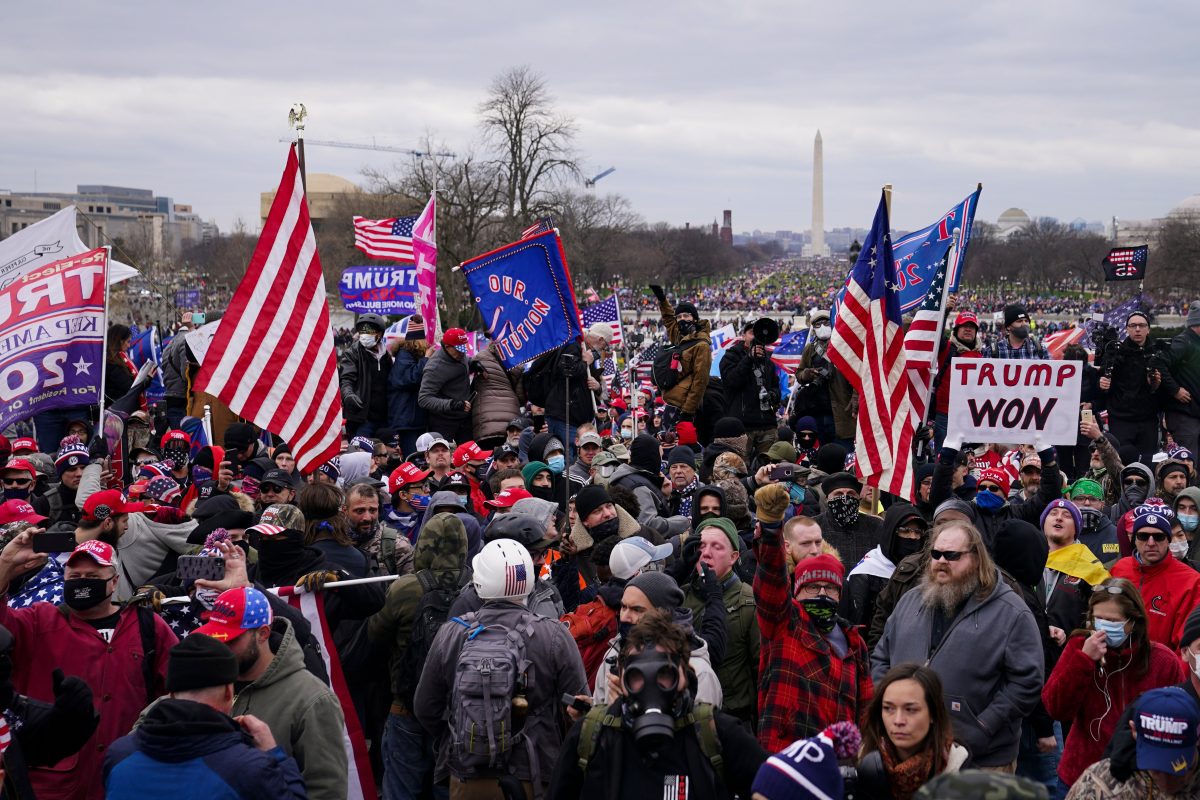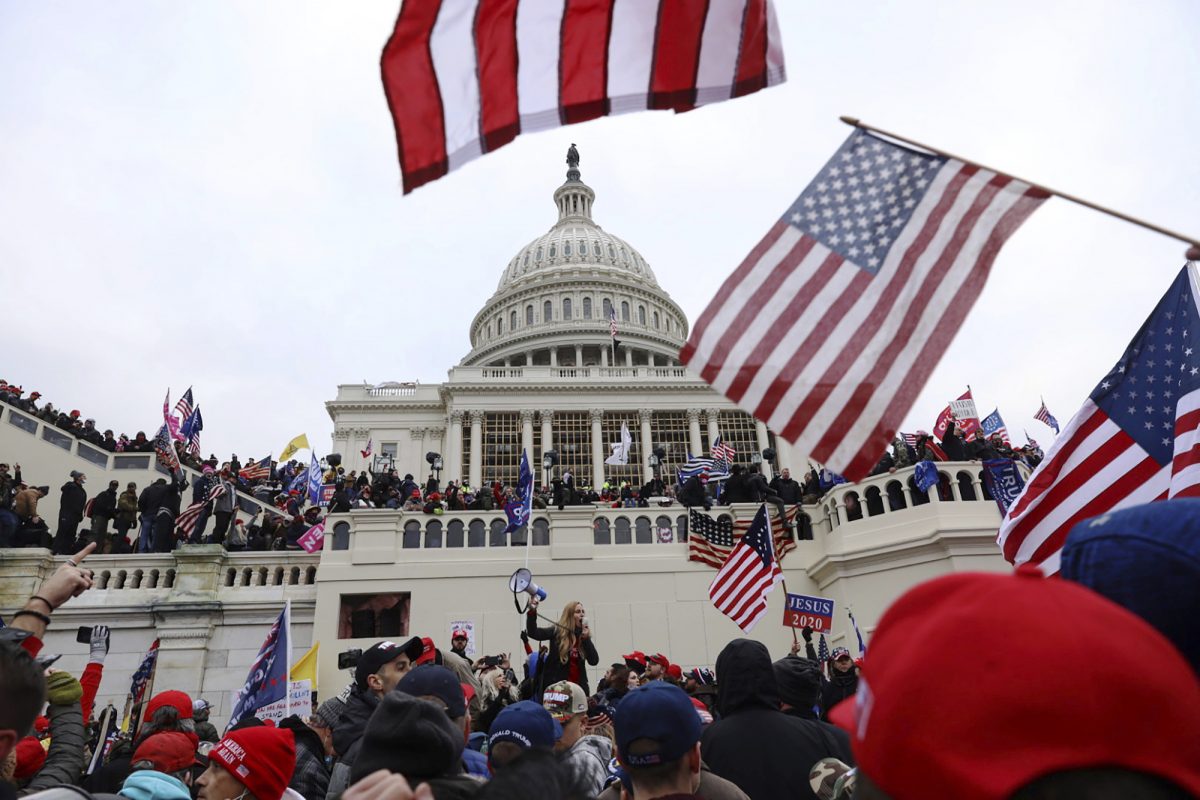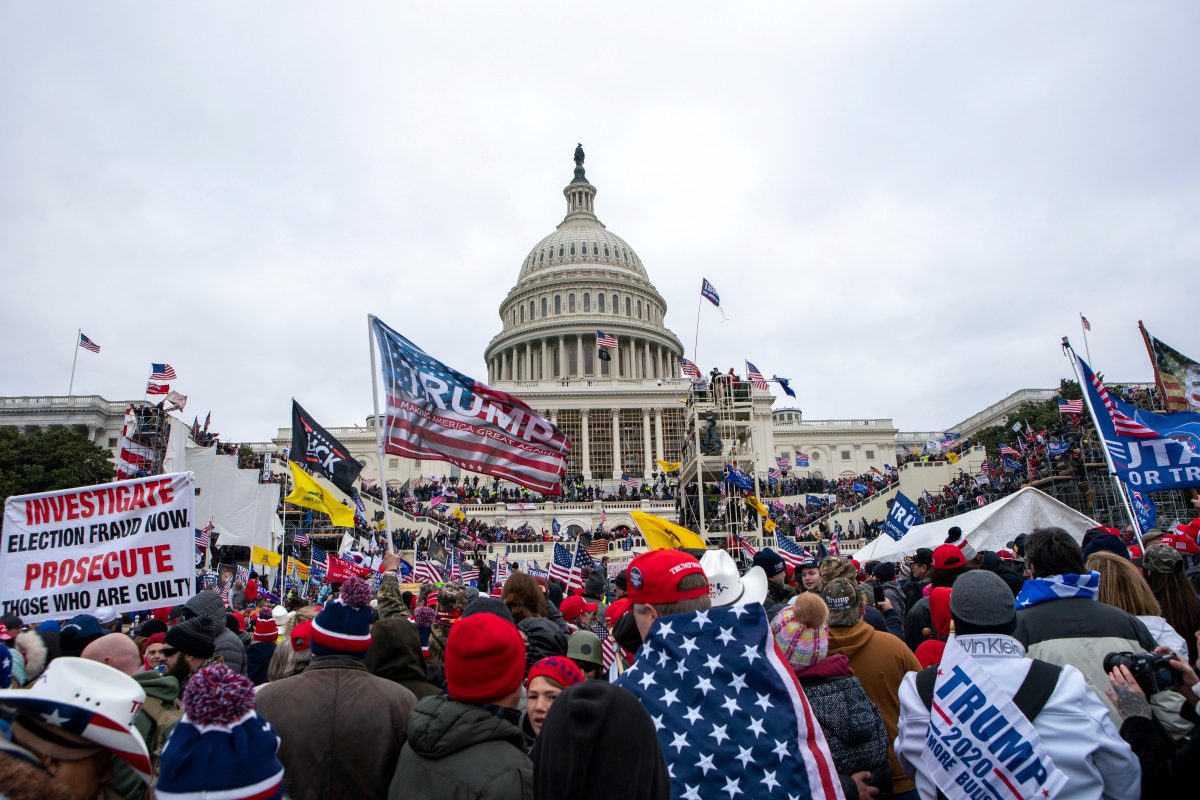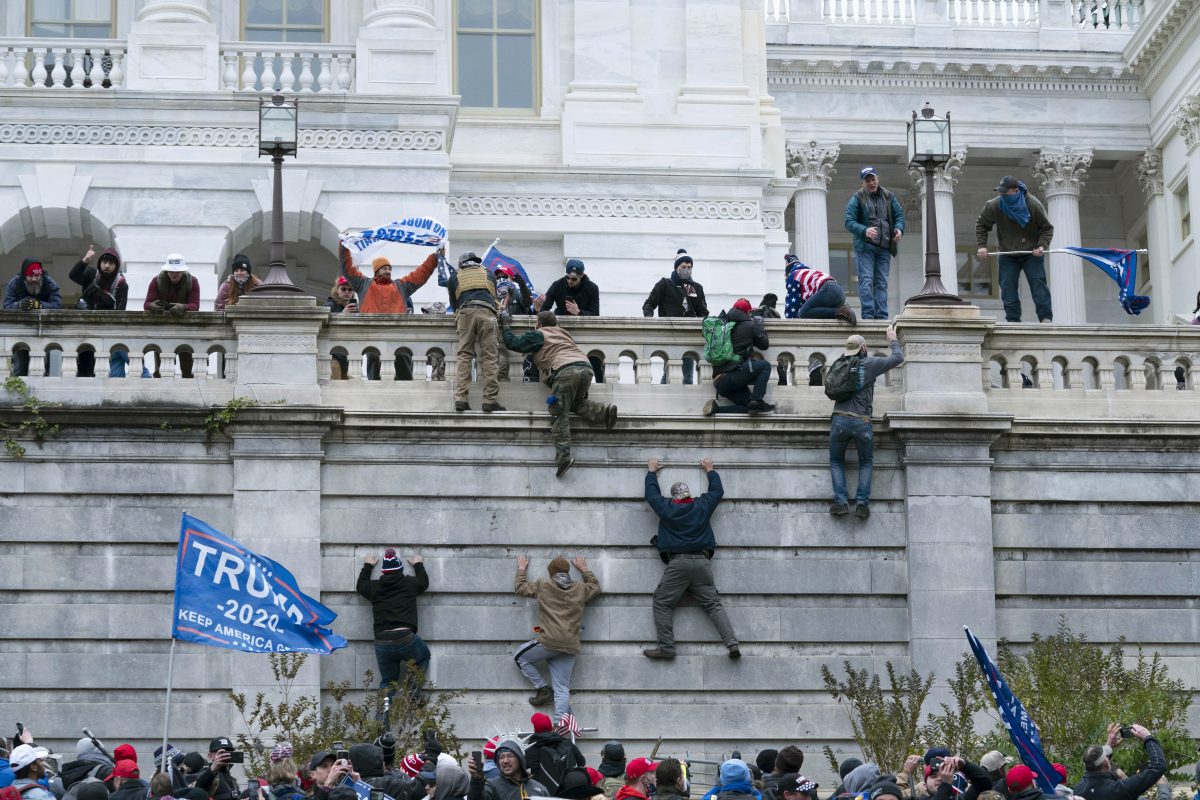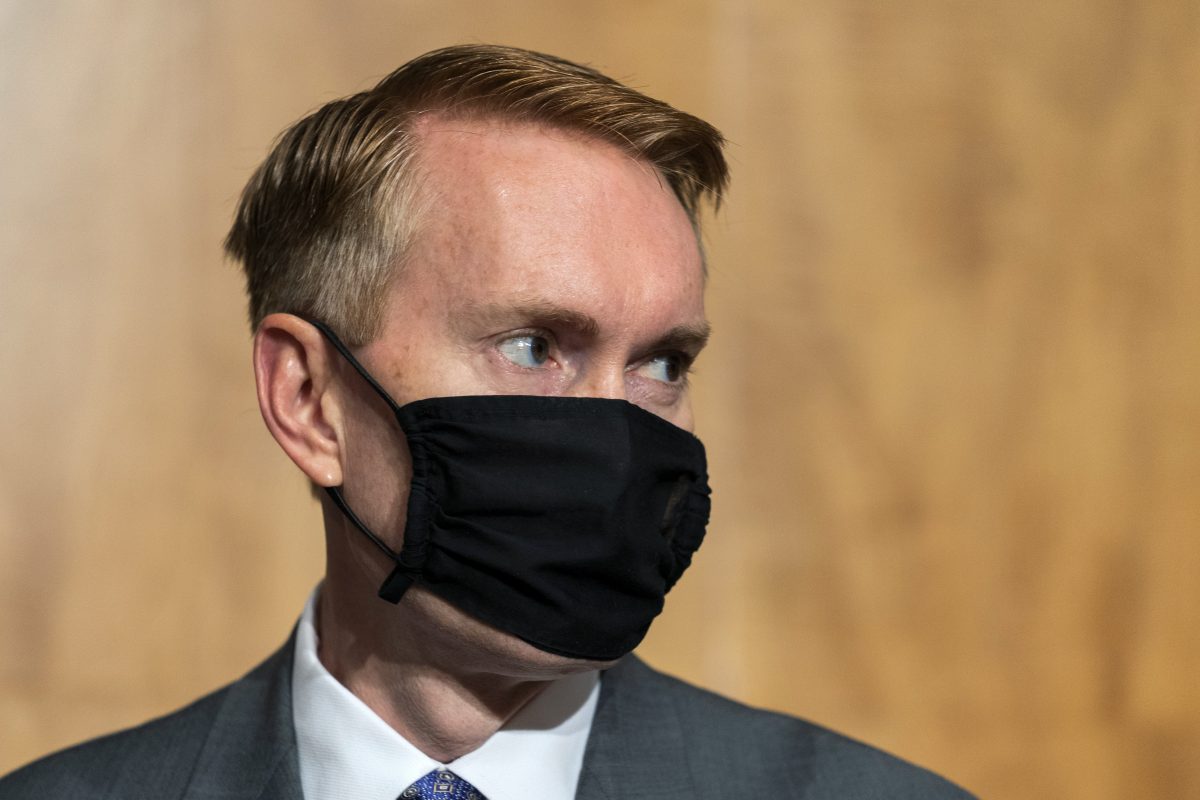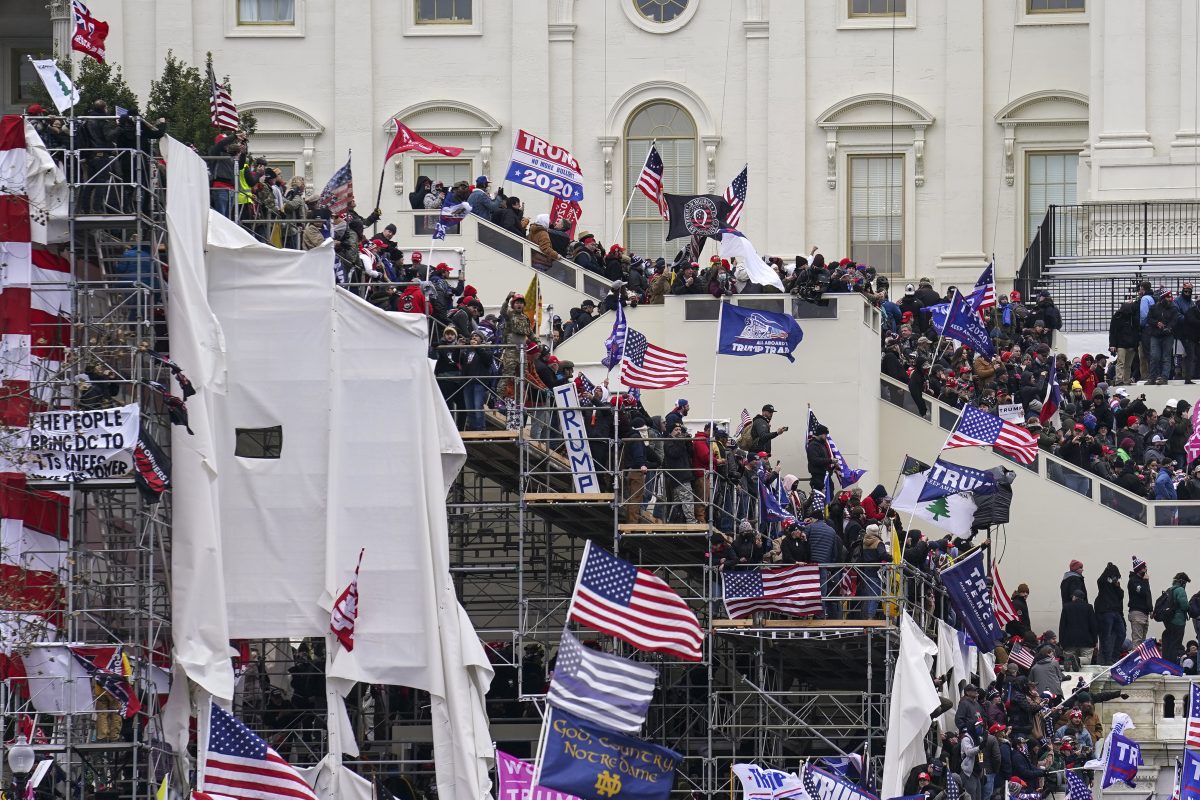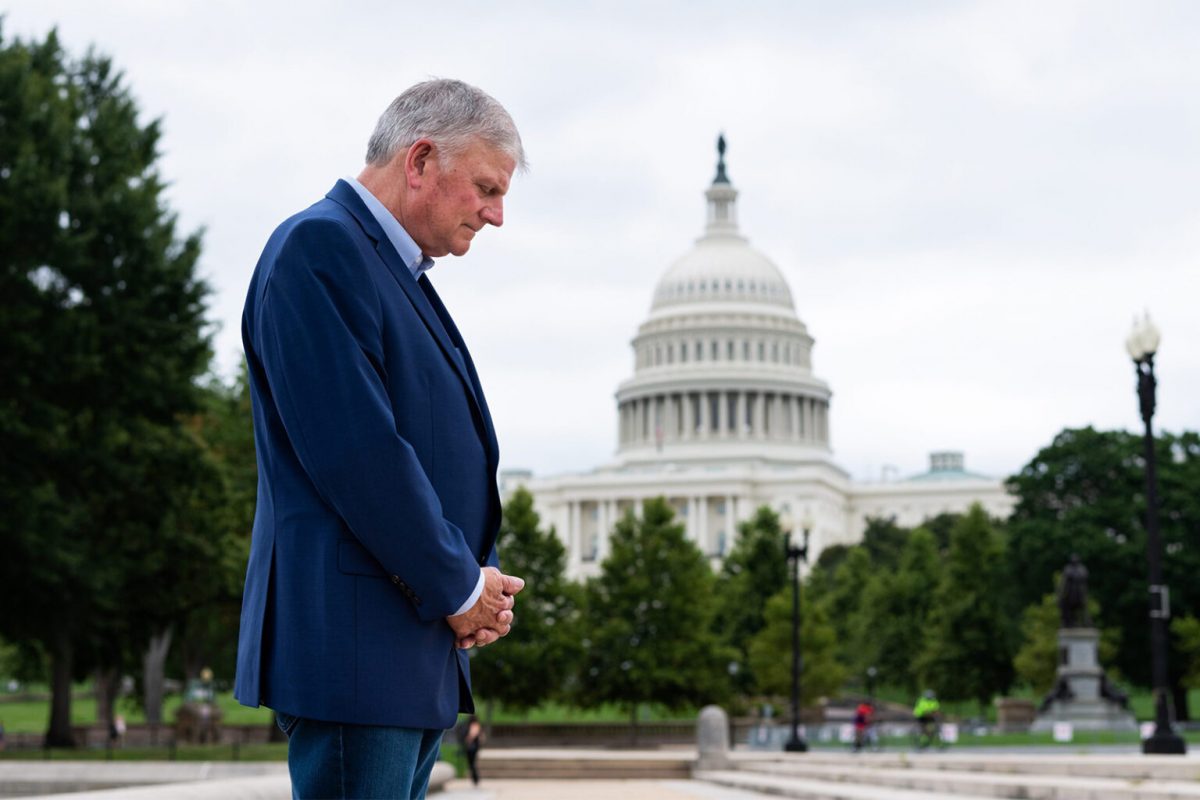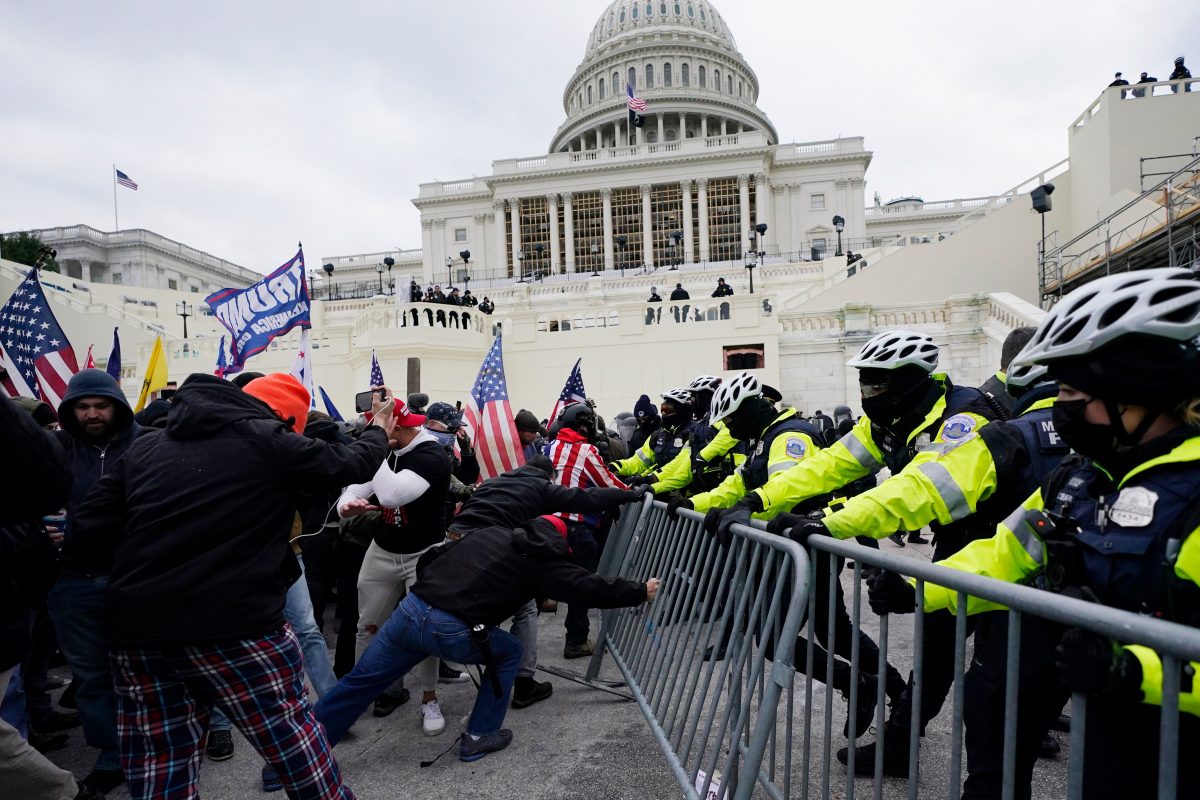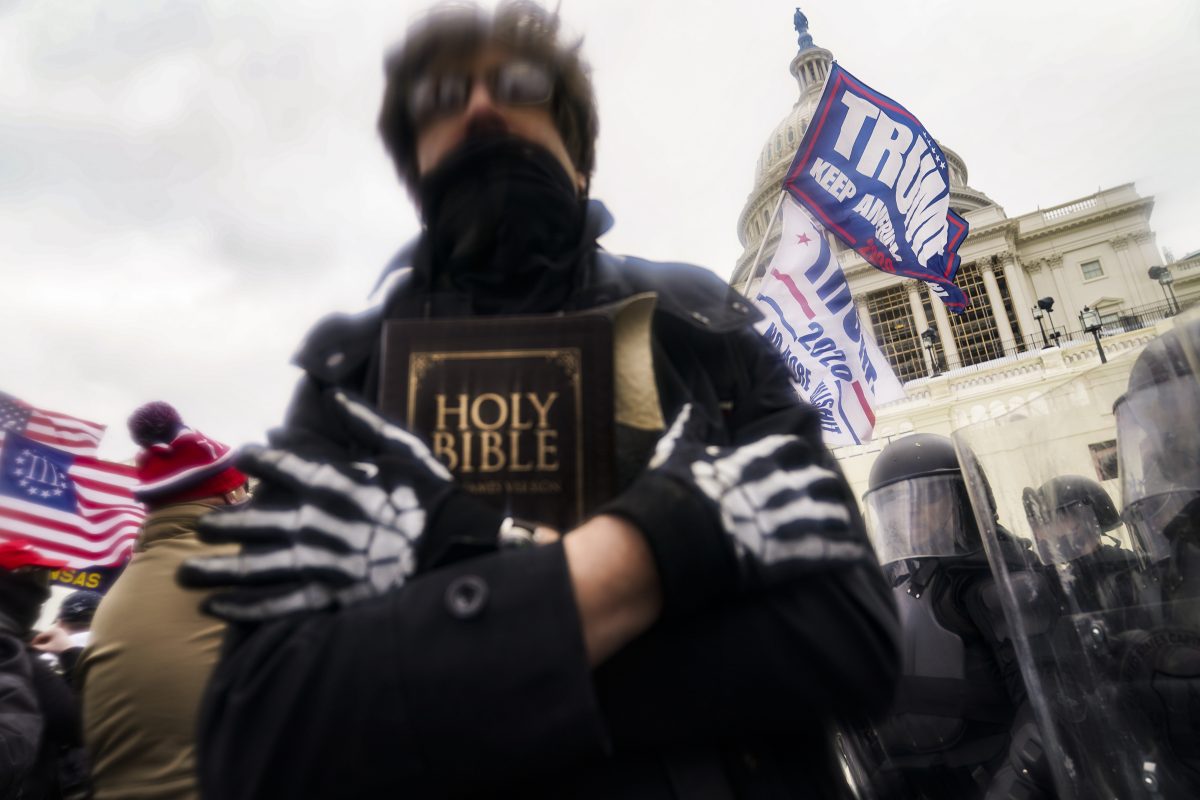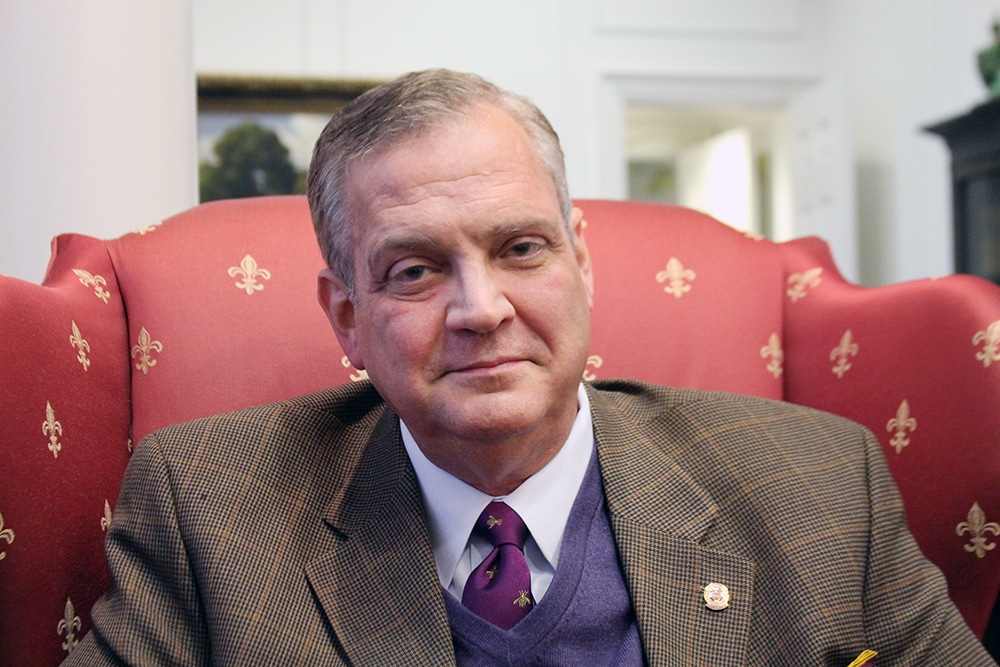From the Capitol to Critical Race Theory, White Christians Grieve Declining Hegemony
It may seem odd to connect the spectacle at the Capitol with the seminary presidents’ fumbling, but the two moves are aligned in the same work: preserving America’s White Supremacist common sense by limiting what certain social institutions are allowed to teach.

